The Independent National Electoral Commission (INEC) on Sunday extended the Continuous Voter Registration (CVR) in Ogun and Lagos by two days.
The extensions were announced separately by the Resident Electoral Commissioners (RECs) in the two states.
In Ogun, Sam Olumekun, the state’s REC, announced the extension in a statement made available to the media in Abeokuta.
He said the extension was in view of the challenges encountered in the ongoing exercise in the state.
Advertisement
“The Independent National Electoral Commission (INEC) wishes to inform the general public that the exercise has been extended by two days,” Olumekun said.
“It will now end on Wednesday November 19 as against Monday, November 17.”
He warned citizens not to engage in multiple registration, saying it is a punishable offence.
Advertisement
He also said that people whose names appear in the voters registers despite not finding their cards should not re-register, as their cards would be provided in due course.
“INEC hereby assures the general public that all eligible citizens would be registered and issued valid voters’ cards before the 2015 elections.”
In Lagos, Adekunle Ogunmola, the Lagos state REC, told NAN that the extension was to enable the commission to register more eligible voters.
According to him, the exercise, earlier scheduled to end on Monday, will now end on Wednesday.
Advertisement
“We want all eligible voters whose names are not on our Electronic Voters Register to take advantage of that and get registered,” he said.
“But people should avoid multiple or double registration as this will deprive them of voting in future elections.”
2 comments
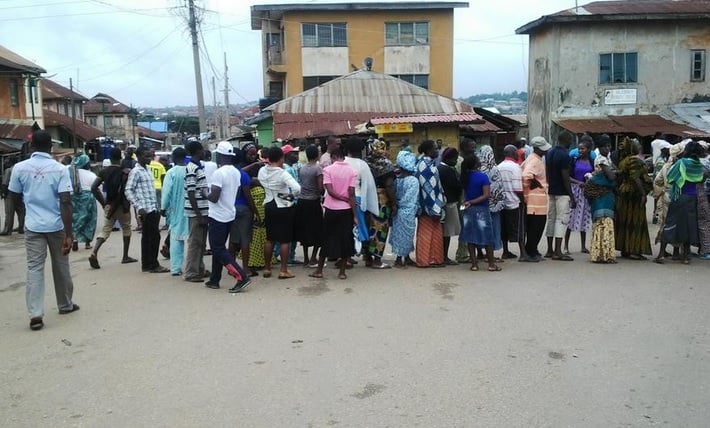
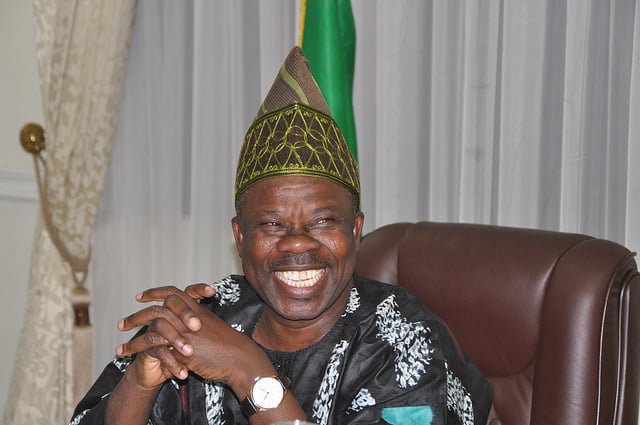
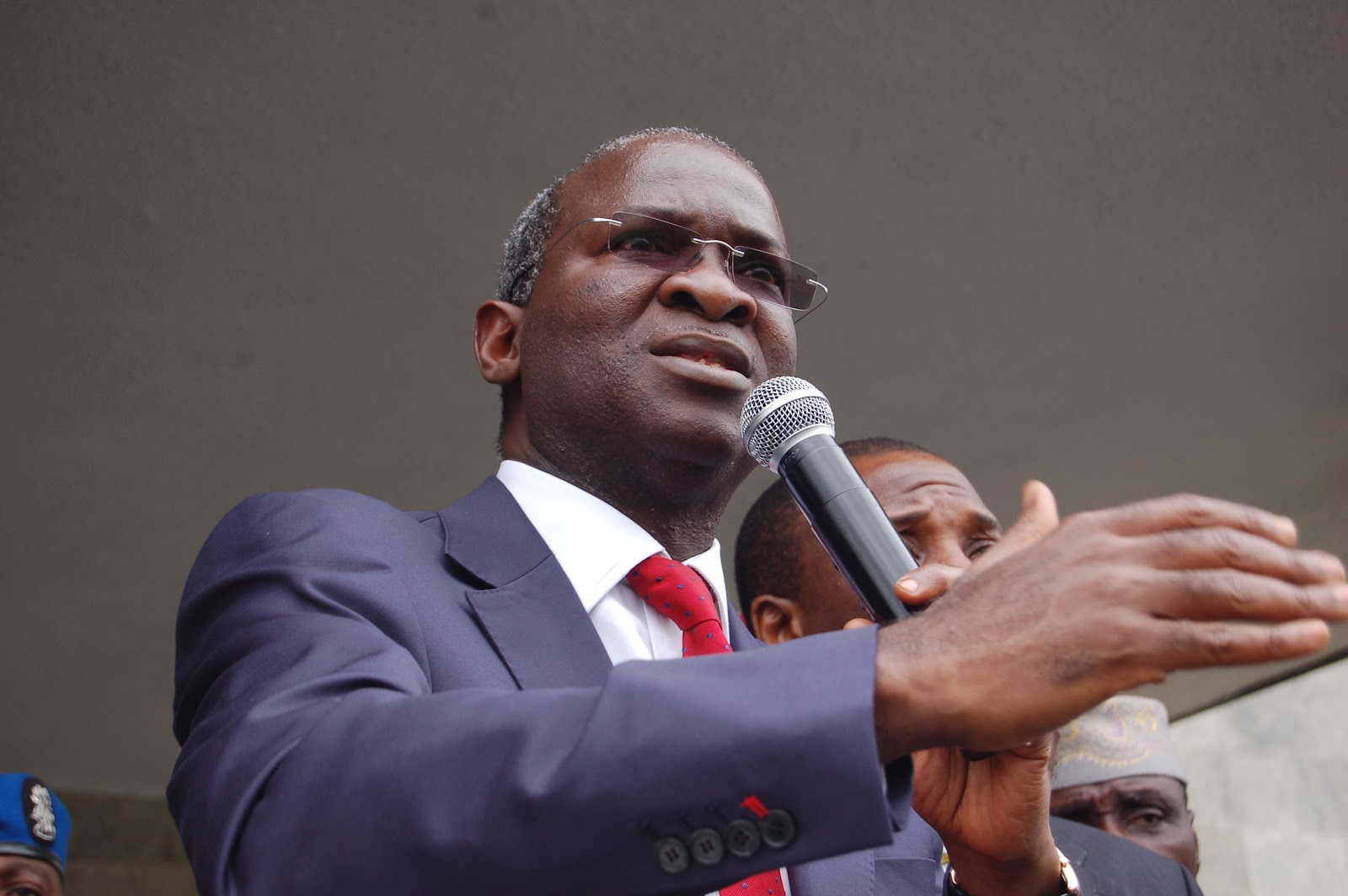
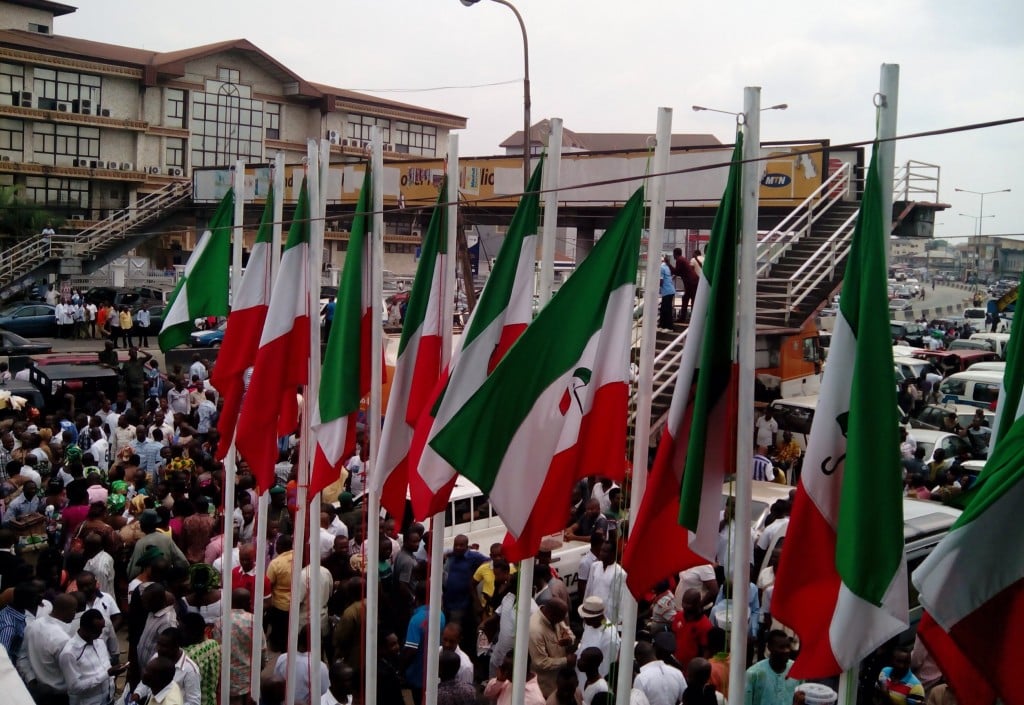
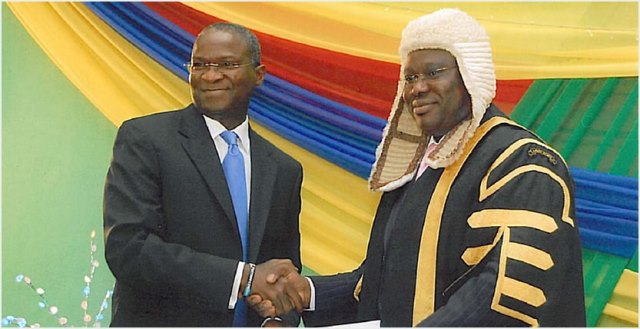


Quick Count Launch And The Credibility of 2015 Elections
By Armsfree Ajanaku
The 2015 elections are most likely to be very competitive. They will also determine a lot of things regarding the development of our country. Some have said the elections have the potential of setting us against each other should they not be free, fair and credible. It is also not in doubt that credible elections are a catalyst for good governance, development and the sustenance of Nigeria’s evolving democracy.
With all of these in mind the question that arises is, how do we accurately measure the credibility or otherwise of the much anticipated 2015 general elections? In the face of the trust deficit that characterizes engagements in Nigeria, this is a question that preoccupies the minds of many Nigerians ahead of next year’s elections. There is an election observation methodology that has been used in a number of countries in enhancing the credibility of the electoral process. That methodology known as Quick Count or Parallel Vote Tabulation (PVT) will be adopted in observing and independently assessing the conduct of the 2015 general elections. The methodology will be deployed by the Transition Monitoring Group (TMG); the largest election observation coalition in Nigeria.
On August 26, 2014 the big hall at Kanem Suites, Utako, Abuja was filled to the brim with citizens from Nigeria’s six geo-political zones and members of the international community. It was the date set aside for the launch of the TMG’s 2015 Quick Count Project. It was a gathering of men and women, who have risen above Nigeria’s primordial schisms and fault lines for a national course.
It was easy to see patriotism, passion and candor in the eyes of the men and women who converged on the conference at the launch. A plethora of election stakeholders including the Independent National Electoral Commission (INEC), Civil Society Organizations (CSOs), International Development Agencies and media were in attendance.
The focus of the day was the Quick Count methodology and how it will be used to verify the outcome of the 2015 presidential election. 146 out of the 233 people gathered in the conference at the venue were the State Coordinators (SCs) and State Deputy Coordinators (SDCs) who will manage the Quick Count at the State level. Quick Count was also a major focus at the Biennial General Meeting of TMG, a day earlier.
There was palpable excitement in the hall when Chairman of the Transition Monitoring Group (TMG), Comrade Ibrahim M. Zikirullahi broke the news that the coalition will be observing the 2015 polls using the Quick Count methodology. He said: “TMG will thus deploy observers to all 774 LGAs – whether this means traveling to the most inaccessible riverine areas or to the most remote desert villages – to maximize geographic coverage to analyze the 2015 election”. In his reaction to the launch of the 2015 Quick Count Project, Prof Okey Ibeanu, Chief Technical Adviser to INEC Chairman Prof Attahiru Jega said “It has helped INEC to be on their toes while carrying out their functions, this is because it serves as a scientific way to verify INEC results. It has also helped to show credibility of our work. We are happy with the work TMG is doing.” Prof Sam Egwu of the Department of Political Science, University of Jos, provided a graphic illustration of the power of Quick Count. He said “As an academic, I believe Quick Count has raised the confidence of the people, the voters in the electoral process”.
Ezenwa Nwagwu, Political Coordinator at the European Union (EU) said Quick Count data can be used by INEC officials, political scientists, journalists and political parties to assess the elections.
A major milestone at the launch was the launch of the 2011 Quick Count data visualization website http://www.tmgtowards2015.org. The website contains the data collected during the observation of the 2011 election, using Quick Count. The website is divided into three sections: story pages that highlight lessons from the 2011 elections; an issue page with an interactive map where users can explore the observer data for themselves; and geography pages that provide profiles of the conduct of the 2011 elections in each geopolitical zone, each state and each local government area (LGA).
The website is a critical tool for all Nigerians, media reporters, academics, researchers, activists etc. It is first of its kind, the very first website around the world, which presents Quick Count data in a very factual manner. Since the conception of the Quick Count methodology in 1986 in the Philippines, its data has not been presented elsewhere the way the 2011 presidential election data is presented on this website.
Quick Count is a gold standard election observation methodology under which well-trained stationary election observers are deployed to a representative random sample of polling stations in an electoral constituency; from where they send coded text messages in response to specific questions on Election Day processes and results to a designated database. This helps the deploying organization and a country independently assess the quality of Election Day processes like opening of poll, accreditation, voting and counting. It also helps them verify the results released by Election Management Bodies (EMBs). The deployment of Quick Count is a huge operation that requires the deployment of statistics, ICT and large number of skilled personnel.
For the 2015 presidential election alone, TMG will deploy 148, Sate and Deputy State Coordinators, 774 Local Government Area (LGA) Coordinators and thousands of election observers whose exact number will be determined by a representative random sample of all polling stations in Nigeria. All of these personnel will pass through a minimum of 37 trainings at the state level. This methodology is being deployed by TMG with funding and technical support from the United States Agency for International Development (USAID), British Department for International Development (DfID) and National Democratic Institute (NDI). Nigerians need to keep a close tab on the process as we gradually edge towards the 2015 elections.
Armsfree Ajanaku, Media Manager of TMG wrote from Abuja.
i have not seen inec official in my area since they pasted the names list.